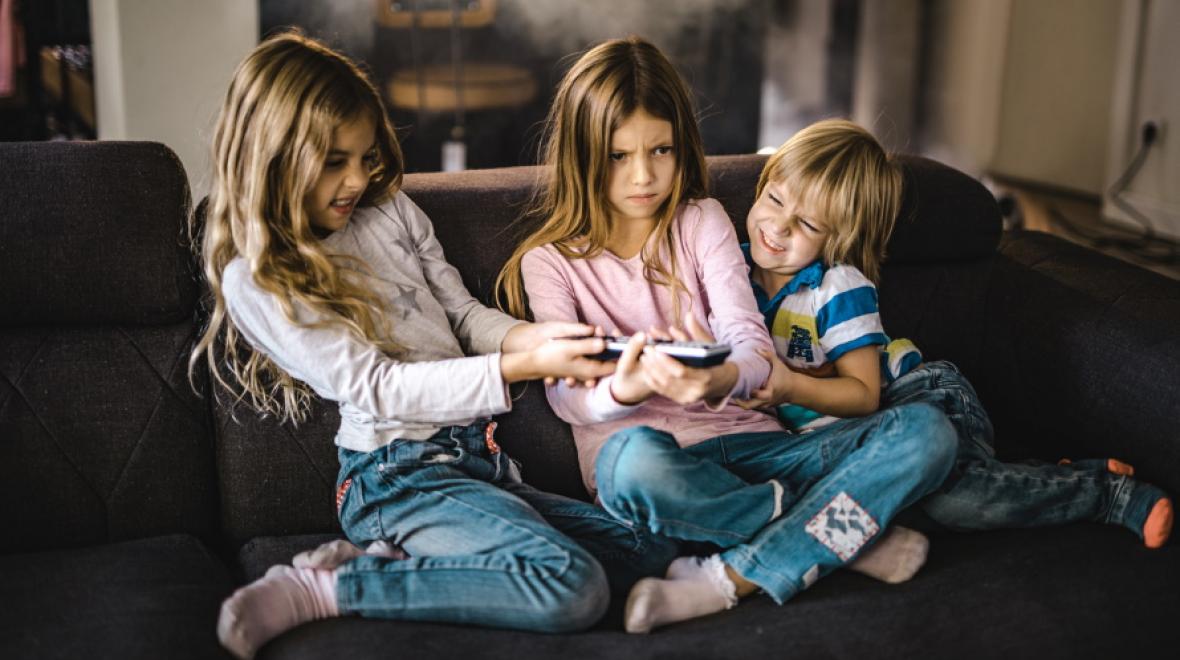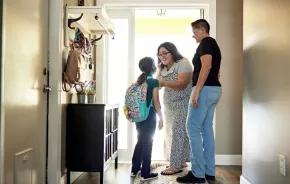
Yes, we all do it. We make them say, “I am sorry,” even when they’re not. Or maybe they just don’t understand what there is to be sorry for. Regardless, over and over I hear parents tell their kids to say, “I’m sorry.” And when kids just parrot “I'm sorry” like they’re told, the next request is often to “Say it like you mean it.”
Are we just asking them to be better liars? Why do we do it?
There are a handful of reasons, but mainly it’s because we really do want them to be sorry — and we, as their parents, want to save face when other adults are watching and listening.
But the message we are often sending is that it doesn’t matter what happened that led to this action and that the one who cries the loudest gets the apology. So, what can we do instead?
Here are a few ideas to try out instead of asking your child to repeat an empty statement:
1. Start by asking what happened.
There doesn’t need to be a victim and a perpetrator in every situation. Give each child involved the time and space to say what happened. You may learn that there should actually be an apology from multiple parties. You can simply ask, “What just happened?” or “What made you say/do that?”
2. Help your child identify how an action or statement made the other child(ren) feel.
Help your child to notice some of the cues that might indicate a feeling. For example: “Did you see Emily’s face? How did she look? How do you think that made her feel?”
3. Problem-solve.
If your child is actually at fault, help him figure out how this situation can be rectified or resolved. The goal isn’t to make your kid feel worse; children actually do better when they feel better. Sometimes the opportunity is to help your child build a new skill to better handle a future similar situation.
4. Model empathy — plain and simple.
The best way to teach your child empathy is by demonstrating empathy yourself. Your actions always speak louder than your words!
Making mistakes is part of growing up and being human. They help us and our children become better people. Making repairs and apologizing when we mean it are two great skills that we all need to work on! So, slow down and take the time to connect with and coach your child. The outcome will be a child who has a strong internal moral compass that will drive her to make a truly honest and heartfelt apology.
Editor’s note: This article was originally published in April 2017, and updated in September 2020.











